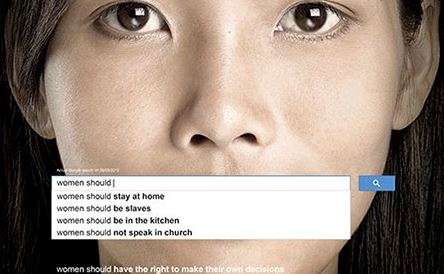84% of women victimized by online hate speech in Korea
 Eighty-four percent of women have come across hate speech against women online, according to the National Human Rights Commission (NHRC).
Eighty-four percent of women have come across hate speech against women online, according to the National Human Rights Commission (NHRC).
According to an NHRC report on hate speech and measures to prevent it, the rate was even higher among sexual minorities, with 95 percent answering they were confronted with hate speech against them online.
The authors of the report surveyed 1,014 people consisting of sexual minorities, women, the disabled and immigrants. The authors conducted comprehensive interviews with 20 respondents. The 340-page report is the first report on hate speech ever published in the country.
When it comes to offline hate speech, the largest number of victims was sexual minorities, with 87.5 percent, followed by the disabled with 73.5 percent, women with 70.2 percent and immigrants with 51.6 percent.
Many said hate speech made them fearful. More than 50 percent of the disabled said they suffered stress disorders, including an impulse to commit suicide.
The authors wrote that fear led the victims to seal themselves off from social activities and that is worrisome.
“Among the 20 interviewees, 10 said they quit or moved schools or quit work out of fear,” the report said. “This shows hate speech can cut social connections for the victims, through which they would express their opinions. Eventually, they are robbed of their basic rights.”
The report also said most victims failed to find a confidant within families or groups of friends to talk about their issues.
Korea is no longer alien to hate speech. Last year, a man, out of hatred against women, killed an anonymous woman in the busy Seoul district of Gangnam.
The authors insist the government should consider enacting a law to punish those who make hate speeches, but added that is not enough. “What’s also important is to create an environment in which hate speech is not tolerated.”
A couple of anti-discrimination pieces of legislation were proposed in 2013, but they didn’t get enough support within the National Assembly to be made into law. (Kim Se-jeong, The Korea Times)
























































